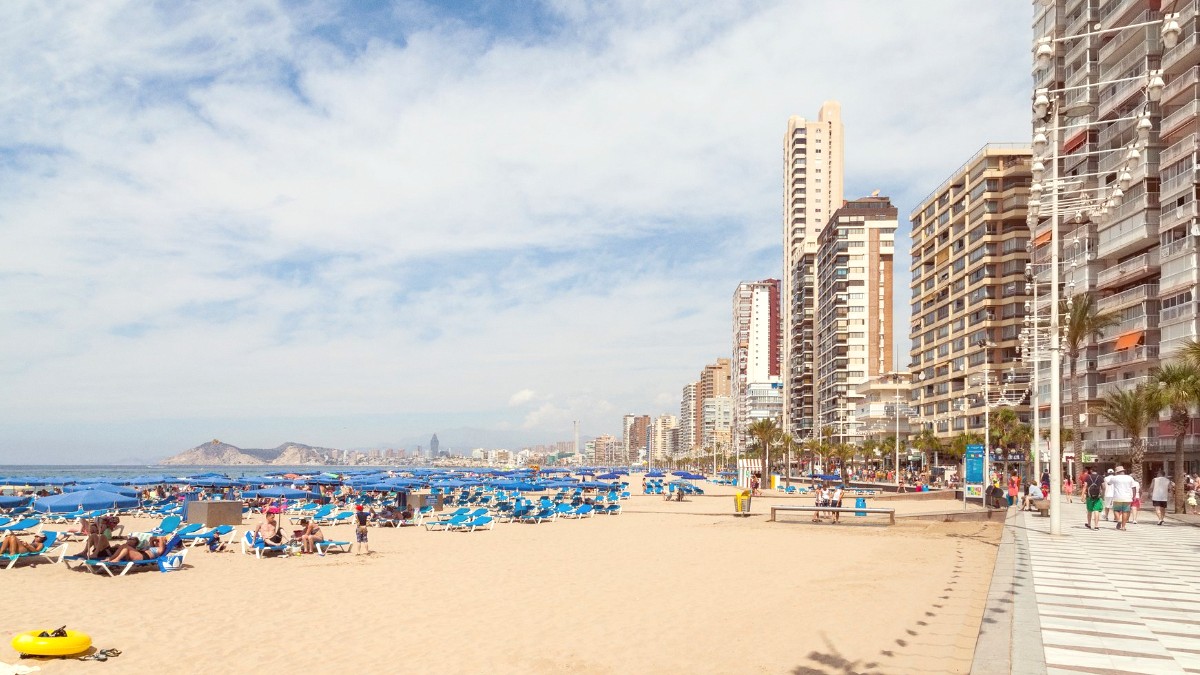
Andalucia, Spain
Spain uses GSM network technology. Most modern smartphones are compatible. Major network providers include Orange, Vodafone, and Movistar.
The official language is Spanish (Castilian). English is spoken in tourist-oriented businesses.
Operating hours differ across business types, influenced by local customs like siesta.
Interacting respectfully with local culture enriches your experience.
Some tourist businesses may close or have reduced hours in the low season (winter months). Confirm opening hours if you visit outside peak season.
Information on accessibility and special services for travelers.
Tarifa's Old Town has narrow, cobbled, and steep streets. Newer areas are flatter and offer better access.
Newer intercity buses may have accessible features. Some historic sites have limited access. Ask about "playa accesible" at beaches.
Consider Priority Pass for airport lounge access. For flight issues, Compensair assists with compensation.
A handshake is common formally. Two kisses on the cheeks is common informally between women, or between women and men.
Dining is a social affair and may not be rushed. Tipping is appreciated but not obligatory.
Consult with specialized travel agencies or disability organizations for detailed and up-to-date information. Websites like Accessible Spain and Ecodiscap may offer resources.
Prepare for your trip with practical advice on communication, money, and local customs.
Local SIM cards (tarjetas prepago) are available. You will need your passport for registration.
Correos, the Spanish postal service, has an office in Tarifa.
Spanish towns are lively, but excessive noise can disturb residents.
Before traveling, check local calendars for specific dates of public holidays, as these vary annually. Major holidays can cause significant closures.